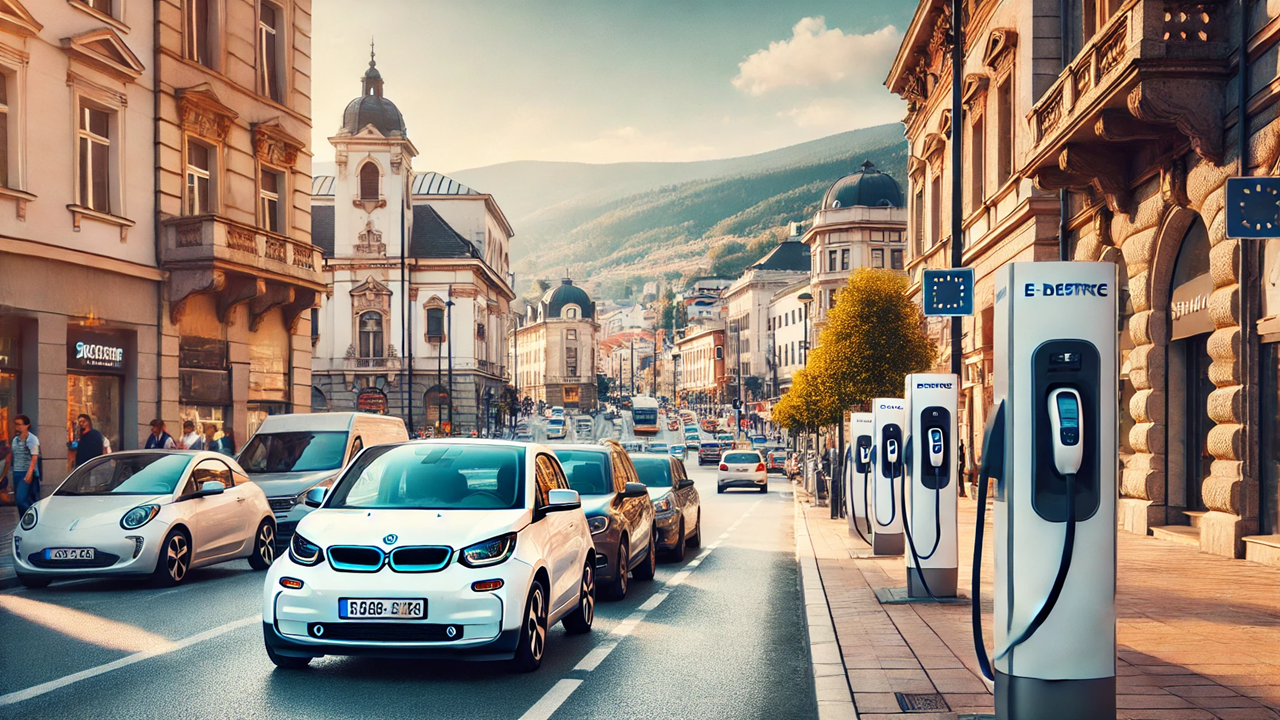EV Market Faces Challenge Amid Proposed GST Cuts on Traditional Vehicles
The proposed reduction of GST on internal combustion engine vehicles threatens the electric vehicle sector's pricing edge, potentially hindering growth, an HSBC report reveals. The report emphasizes the implications of such tax cuts, including increased demand for traditional vehicles and significant government revenue losses.

A recent report by HSBC Investment Research suggests that electric vehicle manufacturers could experience competitive disadvantages should the government proceed with proposed Goods and Services Tax (GST) reductions on internal combustion engine (ICE) vehicles. The report warns that this move might erode the EV sector's pricing advantage, slowing its growth trajectory.
Bihar Deputy Chief Minister Samrat Choudhary confirmed the Group of Ministers' support for removing the 12 and 28 percent GST slabs. While this policy might boost demand for petrol and diesel vehicles and potentially enhance employment opportunities, it could also result in a short-term drop in government revenue.
The report explores three scenarios. The first suggests reducing GST on small cars from 28 percent to 18 percent and introducing a special rate of 40 percent for larger cars. This change could lead to price reductions for vehicles but a USD 4-5 billion revenue loss. The second scenario proposes a uniform GST cut across all vehicle types, reducing prices by 6-8 percent and causing a USD 5-6 billion revenue loss, potentially hampering EV adoption. The third, least likely scenario involves both a flat GST cut and cess removal, which could simplify taxation but at a substantial revenue cost.
(With inputs from agencies.)










